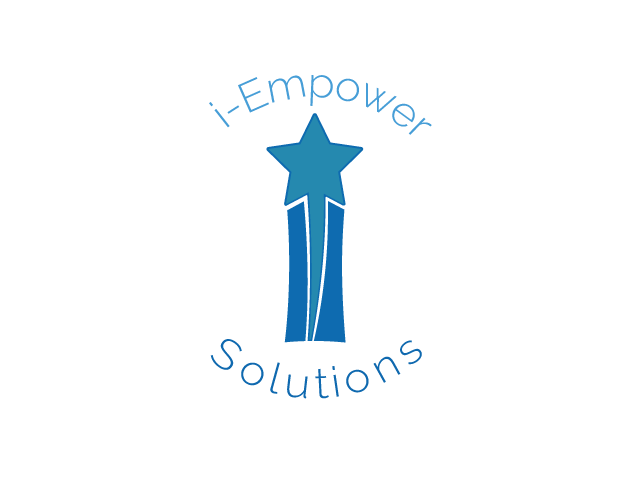It’s OCD Awareness Week!
According to the National Institute of Mental Health, Obsessive Compulsive Disorder is a long-lasting disorder in which a person experiences uncontrollable and recurring thoughts (obsessions), engages in repetitive behaviors (compulsions), or both. OCD is a mental illness often used as an adjective to describe a clean, neat or organized person. But the reality is it's so much more than that. Society gets it all wrong. OCD is not a joke, and it goes beyond what many see.
People who don’t have experience with OCD often don’t realize how debilitating it is. It’s not all about arranging objects or washing your hands. OCD is consuming, and your whole life revolves around your obsession. The intrusive thoughts and “what-ifs” will keep the sufferer frozen in fear and trapped by distress. It’s like your brain is working against you or like a constant bully living in your head. Like any mental illness, it doesn’t matter what is going on; the obsessions will still be present. Some can have stereotypical obsessional thinking around germs, cleanliness, and organization. But OCD can latch onto any theme. Some people's obsessions can be related to relationships, religion, existentialism, harm, and taboo topics. Imagine uncontrollable mental images that totally go against your values as a person. It is exhausting for the person to experience all this. This is what OCD can look like, yet so many suffer in silence.
Many people don’t seek help because it’s often misunderstood or they’re embarrassed. However, untreated OCD can be very detrimental to many areas of someone’s life. OCD can latch onto multiple themes, leaving the person with career, social, and personal life difficulties.
We need to raise awareness of this. Our society needs to move past misconceptions surrounding this disorder. Education is a powerful tool to help us understand what OCD is and how to work with the OCD brain. Many traditional therapies don’t work for this condition, which is why I really like the work NOCD is doing to help people recover from this. NOCD offers ERP at a more affordable price and is helping many people. Let’s continue working towards that positive change and raising awareness around this misunderstood disorder that impacts millions daily!
